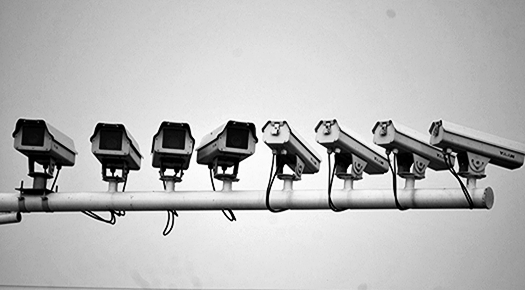
Photo Credits: Pixabay
In 2016, San Diego's city council voted to install 14,000 LED streetlights in order to reduce the city's carbon footprint and to transform the city into a hub for innovation and this decision was praised by the locals. But after the vote and after the city started installing these lights another question was raised about the potential for the smart streetlights to be used to invade citizens' privacy. The smart streetlights are equipped with cameras, microphones and sensors in order to collect data and this was enough for local civil rights activists and minority community leaders to start worrying about who has access to that data.
According to Religion News Service, The Council on American-Islamic Relations has found that many of the city’s mosques are under “direct surveillance” by the city and CAIR-San Diego's executive director Dustin Craun is worried that the street light data can be shared with federal agencies that he alleges have targeted Muslims and other minorities in the U.S. Without rules on how data-gathering technology can be used, he said, those agencies could exploit joint terrorism task-force agreements between local and federal law enforcement to monitor these sensors’ real-time feeds. Craun and other Muslim activists also drew parallels between the streetlights and the Chinese government’s use of surveillance to clamp down on the country’s minority Uighur Muslims and suggested that allowing unfettered surveillance technology under the Trump administration could lead down a similar path.
Questions that worry locals are what are these smart streetlights monitoring and what data are they gathering. According to San Diego Union Tribute, smart streetlights are equipped with sensors that are detecting atmospheric data like air temperature, air pressure and humidity levels and also with cameras which have video and audio capabilities. The data these streetlights are collecting includes for example “the number of persons who passed a location during a particular time” but would not include “personally identifiable information about those persons.”
City officials disputed the idea that the streetlights can be used for surveillance purposes. Instead, according to Religion News Service, they said, the lights are used to collect traffic data and help local law enforcement solve crimes by retroactively gathering relevant video footage. Officials also said that the streetlight system cannot view private property and that they have not implemented facial recognition, license plate reading technology or the ability to pan, tilt or zoom. The only institution that can access the raw video collected by the streetlights is The San Diego Police Department and any footage that is not downloaded is destroyed within five days.
